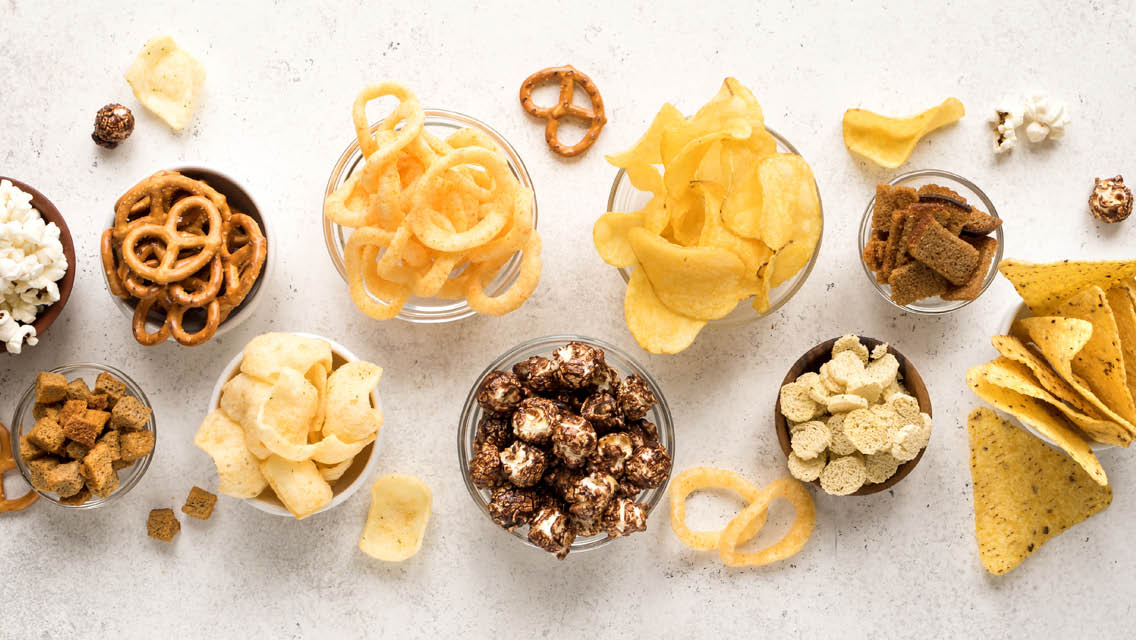After about age 45, your body doesn’t need as many calories as it once did. It’s not building anymore; it’s protecting and preserving, and this requires less fuel.
A recent study showed that subjects who reduced their caloric intake by 30 percent lived longer and even avoided some age-related diseases. This research didn’t take into account what the subjects were eating, only the amount. This single change — eating less now and cutting back a little more every five years or so — can have a serious impact.
Consuming less food is easier on your system. Less food means less for your body to process. It lightens the workload, and that translates to better overall function. (While this approach applies broadly, endurance athletes and others who burn calories at high levels might need to consume more.)
We get that this is a big ask. Time around the table with family and friends is precious and also an important part of aging well — community, love, sharing, connection. Just be smart about what’s on that table. And start with the simple idea of eating until you’re only 80 percent full. It’s the difference between satisfying your hunger and feeling the need to unbutton your pants.
Try 16-Hour Overnight Fasting
One easy way to eat less overall is to practice fasting for 16 hours a couple of times a week. These short fasts benefit you in a few ways:
- When you don’t eat for an extended period, you naturally eat less overall.
- Your digestive system works better when it has a chance to rest and recover, and your body can repair itself better when it isn’t constantly diverting energy to digestion.
- Fasting helps regulate several crucial hormones — including insulin and growth hormone — that impact aging and weight.
- Fasting is one of the hermetic “small stresses” that stimulate the longevity gene pathways.
- Fasting kicks in autophagy, the cellular cleanup process critical to strong immunity and aging well.
Here’s the plan:
- Twice a week, eat dinner earlier than usual; the next day, have your first meal a little later, leaving a good 16 hours in between. Make it a point to be finished eating by 7 or 8 p.m.; this ensures you’ll be done digesting before you lie down to sleep, which helps prevent acid reflux.
- In the morning, get up and have a big glass of water.
- Then eat a nice nutritious meal at 11 a.m. or noon.
If 16 hours sounds like too much for you, begin with 12 hours, then move to 14, and build to 16. Once your body adjusts, you won’t wake up craving food.
As for drinking your usual cup of coffee or tea, the jury is still out on whether it marks the end of your fast. If you do crave a caffeinated drink first thing, just take it straight; any kind of milk or sweetener will trigger the body to produce insulin. (Learn more about fasting and health at “Everything You Need to Know About Intermittent Fasting“.)
This was excerpted from “10 Essentials of Aging Well” which was published in the November 2022 issue of Experience Life.






This Post Has 0 Comments